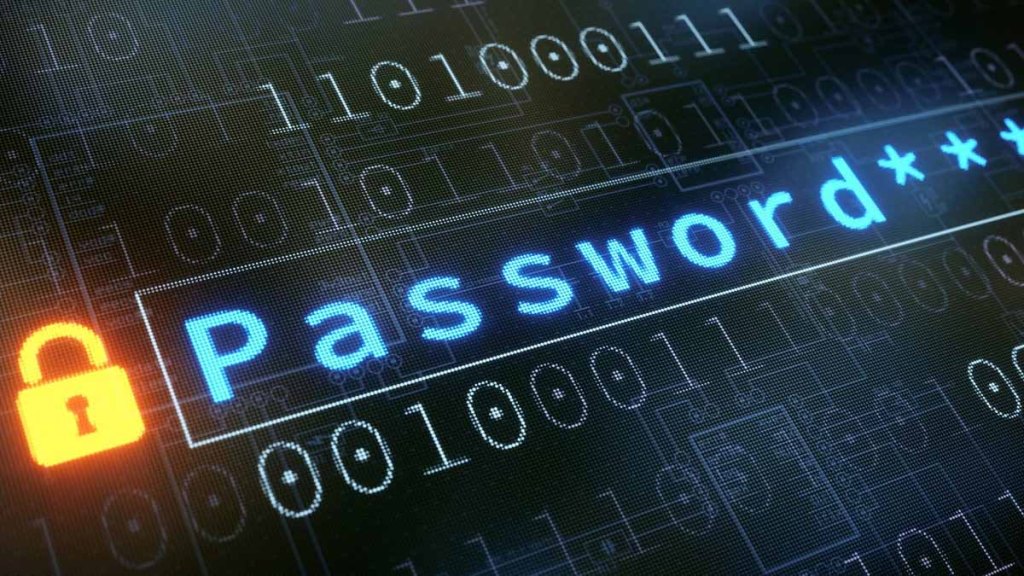Introduction:
In today’s digital age, online security is of utmost importance. With cyber threats and hacking attempts becoming increasingly sophisticated, protecting your passwords has become a critical aspect of safeguarding your personal and sensitive information. By following a few essential rules, you can significantly enhance the security of your passwords and reduce the risk of falling victim to hackers. In this article, we will outline eight crucial rules that will help fortify your passwords and keep cyber attackers at bay.
- Create Strong, Unique Passwords:
The foundation of password security begins with creating strong and unique passwords for each online account. Avoid common or easily guessable passwords such as “password123” or your birthdate. Instead, use a mix of uppercase and lowercase letters, numbers, and special characters. The longer and more complex your passwords, the more challenging they become for hackers to crack.
- Employ a Password Manager:
Managing multiple strong and unique passwords can be challenging, but using a password manager can simplify this process. Password managers generate, store, and autofill complex passwords for your accounts, eliminating the need to remember them all. With one strong master password protecting your password manager, you can rest assured that your passwords are secure and easily accessible.
- Enable Two-Factor Authentication (2FA):
Two-Factor Authentication adds an extra layer of security by requiring an additional verification step when logging in to your accounts. This could involve receiving a one-time code on your smartphone or using biometric authentication. Enabling 2FA significantly reduces the chances of unauthorized access, even if your password is compromised.
- Regularly Update Your Passwords:
Make it a habit to update your passwords regularly. Aim to change them every few months, especially for critical accounts like email and banking. Regular password updates help minimize the potential damage in case of a security breach.
- Beware of Phishing Attacks:
Hackers often employ phishing techniques to trick users into revealing their passwords. Be cautious of suspicious emails, messages, or websites that prompt you to enter your login credentials. Always verify the sender’s identity and ensure you are on a legitimate website before providing any sensitive information.
- Avoid Using Public Wi-Fi for Sensitive Tasks:
Using public Wi-Fi networks can expose your passwords to potential hackers. Avoid logging in to sensitive accounts or conducting financial transactions while connected to public Wi-Fi. Instead, use a secure and private network or a Virtual Private Network (VPN) to protect your data.
- Never Share Your Passwords:
One of the most crucial rules is never to share your passwords with anyone, even with trusted individuals. Legitimate companies and organizations will never ask for your passwords via email or phone. Be cautious and avoid falling for social engineering tactics.
- Monitor Your Accounts Regularly:
Keep a close eye on your online accounts for any suspicious activities. Check your account statements, email logs, and login history regularly to detect any unauthorized access promptly. If you notice anything unusual, take immediate action to secure your accounts.
Conclusion:
Securing your passwords is an essential step in safeguarding your digital life from potential threats. By following these eight rules, you can significantly reduce the risk of falling victim to hackers and protect your sensitive information. Remember, taking proactive measures and staying vigilant are the keys to maintaining robust password security. Keep your passwords strong, unique, and regularly updated, and implement additional security measures like 2FA and password managers to fortify your online defenses. With these precautions in place, you can confidently navigate the digital landscape and keep hackers at bay.


Leave a comment